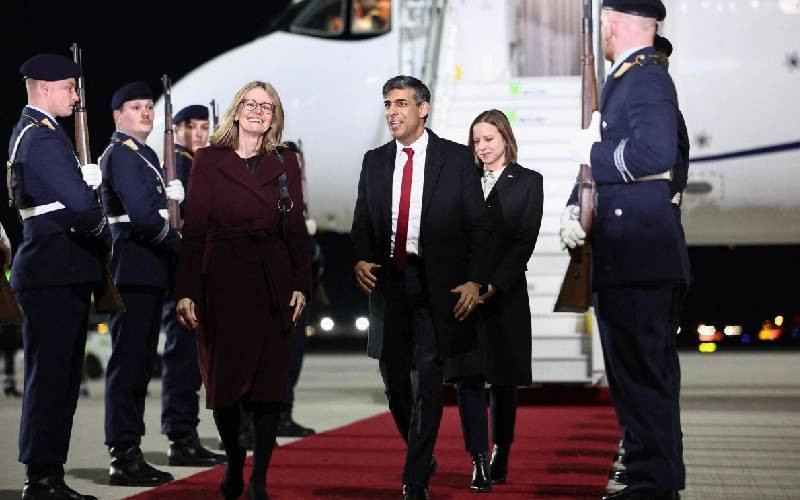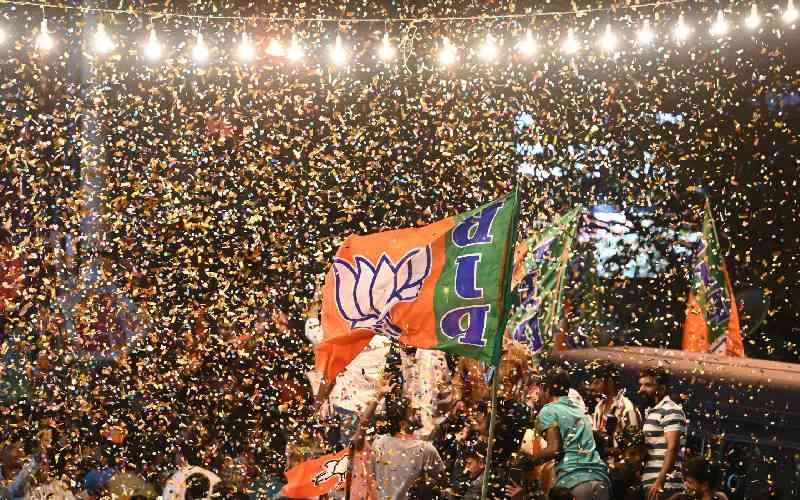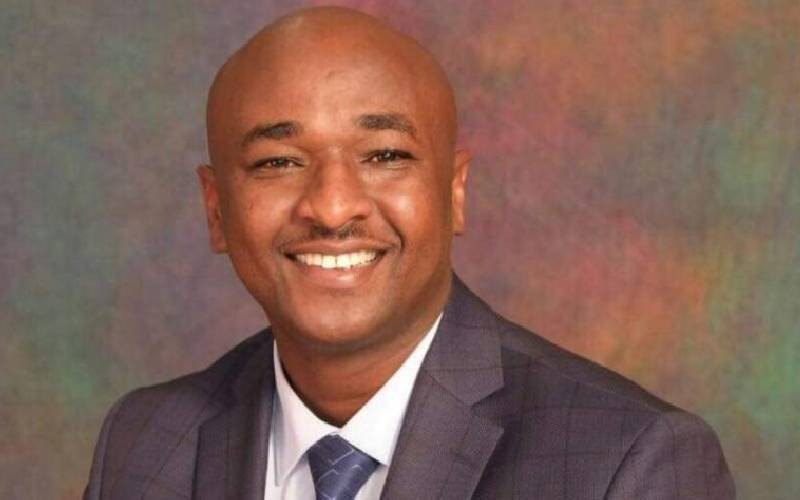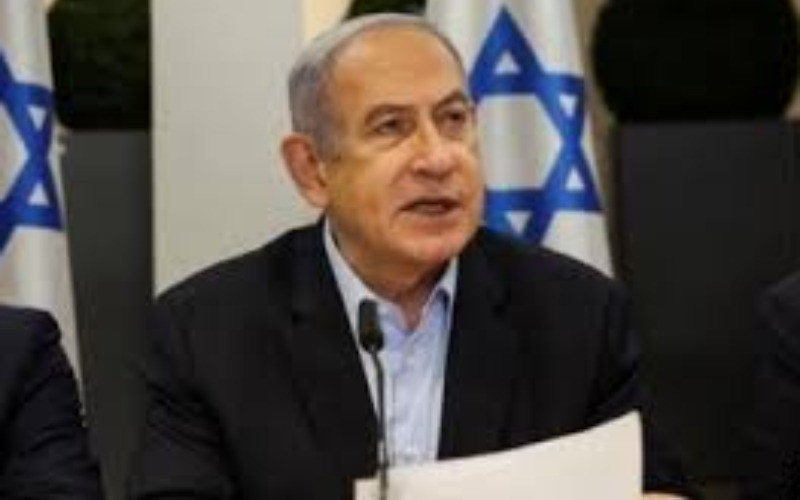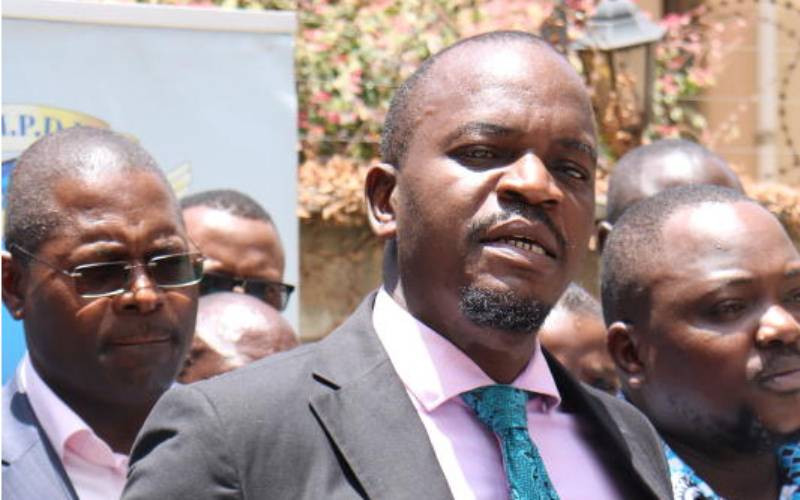By Barrack Muluka
I was part of a small team in Prime Minister Raila Odinga’s live web studio, on Thursday morning. We were assembled to witness the PM’s dialogue with visitors to his personal website on the platform he calls ‘Talk to Raila’.
Many topics have previously been discussed on this platform. Today, focus was on Kenya’s national heroes, as a precursor to Mashujaa Day.
You recall that the Mashujaa Day we celebrate today was for a long time known as Kenyatta Day, named for the founding father and first president, the late Mzee Jomo Kenyatta.
Kenyatta Day reminded us, in its time, of that night of October 20, 1952, when Mzee was whisked into incarceration by colonial authorities, for his role in the freedom struggle, as well as for a lot of imaginary sins.
It was only in order that we should remember Mzee and other heroes of the freedom struggle in this fashion. Of course the independent state has had its own raft of problems and blemishes, some right under Mzee’s watch.
I have previously populated my narratives with assorted discourses of what I believe to have been Jomo’s transgressions.
I grew up under Jomo and matured under Mzee Moi. I have mellowed under Mzee Kibaki. I speak about the three leaders from the platform of a scholar and from my share in the national institutional memory.
The three old men will go down in history as great men who sometimes made great mistakes. But let us give it to them; they did their good deeds for our country.
Dr Alfred Mutua’s successor at the Public Communications office will give the granular details. Jomo’s omnivorous appetite for good things and an unbridled exploitation of the cultural shrine watered down his greatness. His regular refrain that we “grabbed independence” taught us not to work, but to grab.
I listened with a tinge of nostalgia as Raila walked us through the alternative national narrative of heroism. Yes, there are common people out there who do heroic things every day, but we do not recognise them.
The teachers who have made us whom we are and what we are, for example.
Our nurses go beyond the regular call of duty to comfort the sick. Then there are the doctors whom my teacher and good friend Prof Anyang Nyong’o sacks from time to time. These are national heroes, who work under difficult conditions to save life.
We have our sports people – and especially our athletes – who have made our name a household one in the global agora of names. While we rarely stop to inquire about the circumstances under which they train, we are far too quick to ridicule them, as we did in August, when we thought that they did not quite measure up to our vainglorious expectations.
The police are our other whipping boys and girls. We condemn the whole force for the transgressions of a few. In point of fact, even as we acknowledge the need for police reforms, ours remains one of the most respected police forces in the world.
Stay informed. Subscribe to our newsletter
They are not angels – I do not know whether we have any in our country – but they do a good job. That is why they have participated in many peacekeeping missions allover the world.
Our soldiers are in Somalia. They have overcome the feat that the Americans could not perform, when in 1992 they were humiliated in the streets of Mogadishu.
When our soldiers were unleashed on the Al Shabaab merchants of terror a year ago, many did not believe they would achieve half of what they have done. The BBC was apocalyptic in its dismissal of “Kenya’s untested” soldiers. Well, BBC, where are you?
We are a nation of heroes. We are champions. We could rule the world – indeed we do. However, something is awfully wrong with us. We allow bad governance to thrive.
We have worshipped at empty ethnic shrines for too long. We have drunk of the cup of ethnic jingoism, regardless of how learned and religious we profess to be. This thing, this cancer of ethnicity, is what is killing us.
Because of this cancer, we protect thieves and assorted delinquents.
The thief knows he will get protection from tribe. The faded political leader reinvents and repackages himself the moment he takes up tribal cudgels. He claims to own a part of the country the way he owns his shoes.
He boxes and labels it. He could auction the tribe and the shoes together. The rest of us don’t mind. And so we have untouchable thieves everywhere.
It is regrettable that we may not exactly separate some of the heroes of independence heroes from the roots of the malaise of negative ethnicity that afflicts us today. For they taught us to worship the big tribe and to protect “our tribal thief” whenever there should be one.
The country is crying out aloud, for a new generation of heroism. This will be heroism that generates a wide sense of nationalism that defies the godless ethnic shrine.
They will be men and women who can look a lie in the eye and call it by its name. They will follow the path of the truth and call sin by its name, even if this means they go to the gallows.
They will be men and women who live off the sweat of their brow and who will openly despise ill-gotten wealth. In leadership, service will be their earnest endeavour.
This hero of tomorrow will be a peacemaker who knows that peace goes hand in glove with justice. For where justice is our shield and defender, there can be no violence.
Violence is the child of despair and desperation. The strong and mighty use it to oppress and silence the weak.
This is regardless that it is physical, psychological or structural violence. The weak, for their part, have resorted to violence because they have lost faith in the instruments of justice. Future heroes must carry us beyond this hopelessness and desperation.
The writer is a publishing editor and special consultant and advisor on public relations and media relations
 The Standard Group Plc is a
multi-media organization with investments in media platforms spanning newspaper
print operations, television, radio broadcasting, digital and online services. The
Standard Group is recognized as a leading multi-media house in Kenya with a key
influence in matters of national and international interest.
The Standard Group Plc is a
multi-media organization with investments in media platforms spanning newspaper
print operations, television, radio broadcasting, digital and online services. The
Standard Group is recognized as a leading multi-media house in Kenya with a key
influence in matters of national and international interest.
 The Standard Group Plc is a
multi-media organization with investments in media platforms spanning newspaper
print operations, television, radio broadcasting, digital and online services. The
Standard Group is recognized as a leading multi-media house in Kenya with a key
influence in matters of national and international interest.
The Standard Group Plc is a
multi-media organization with investments in media platforms spanning newspaper
print operations, television, radio broadcasting, digital and online services. The
Standard Group is recognized as a leading multi-media house in Kenya with a key
influence in matters of national and international interest.

